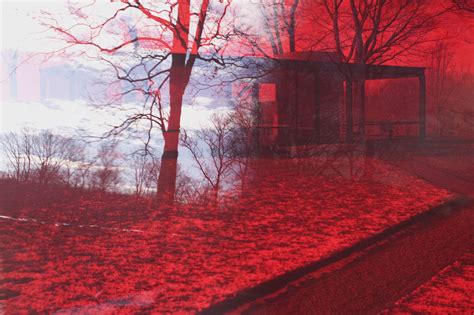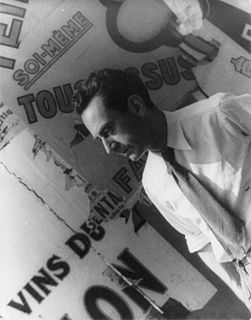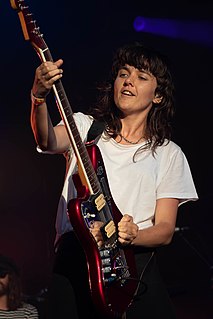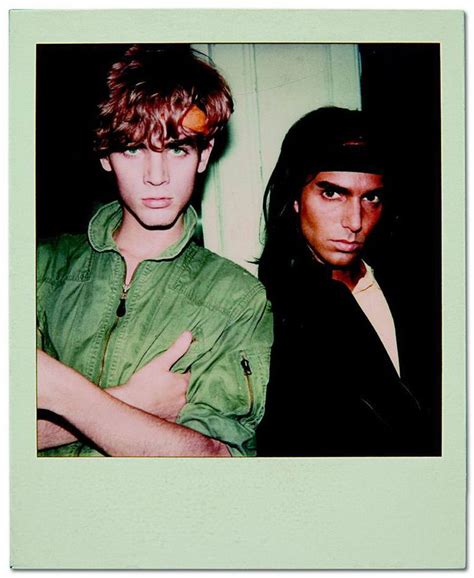A Quote by Sally Mann
The thing that makes writing so difficult is you don't have the element of serendipity. At least with a photograph, you can set up the camera, and something might happen. You might be a lousy photographer, but you can get a good picture if you just take enough of them.
Related Quotes
A photograph records both the thing in front of the camera and the conditions of its making... A photograph is also a document of the state of mind of the photographer. And if you were to extend the idea of the set-up photograph beyond just physically setting up the picture, I would argue that the photographer wills the picture into being.
Like all photographers, I depend on serendipity, and when you're photographing children there's often an abundance of it. I would have an idea of what a photograph would look like and then something would happen - a dog might lumber in and become a critical element. I pray for what might be referred to as the angel of chance.
Everybody can take a good picture. Everybody is interesting. Everyone has an interesting face. Some people are more difficult or more nervous or more tired. When you do a movie, you have action, you're talking, you're moving. You don't see the camera. Taking a picture with a photographer, you don't talk, it's more difficult than in a movie for your body to relax, to be yourself.
I go straight in very close to people and I do that because it's the only way you can get the picture. You go right up to them. Even now, I don't find it easy. I don't announce it. I pretend to be focusing elsewhere. If you take someone's photograph it is very difficult not to look at them just after. But it's the one thing that gives the game away. I don't try and hide what I'm doing - that would be folly.
A fanatic commits to an ideal to whatever end. A fanatic throws everything aside to pursue their idea. Take something which it would be good to be committed to, like basic human rights. You might campaign for such a thing. You might spend every day of your life pursuing such a thing. But once you become fanatical about it, anything can happen.
I write for myself, and perhaps for half a dozen friends. And that should be enough. And that might improve the quality of my writing. But if I were writing for thousands of people, then I would write what might please them. And as I know nothing about them, and maybe I'd have a rather low opinion of them, I don't think that would do any good to my work.
Give half a dozen men the same camera, lenses and plates, and send them to the same place to do the same thing, and all the results will be alike, or so nearly alike as to reveal the real mechanicalness of photography. Yet, curiously enough, this is just one of the most difficult things a photographer can be set to do, to exactly repeat himself, or another. He may use the identical apparatus, know the subject perfectly, and yet be totally unable to bring away an exact replica.
At the beginning, Edo was a photographer, and I was more of a talent scout and doing styling and modelling. Then all of a sudden, in 1977, he gave me a Polaroid camera, and I discovered that instead of having to go to a lab and develop the film, I could just take a click and get a picture! It was genius, and I was very good at manipulating it.

































